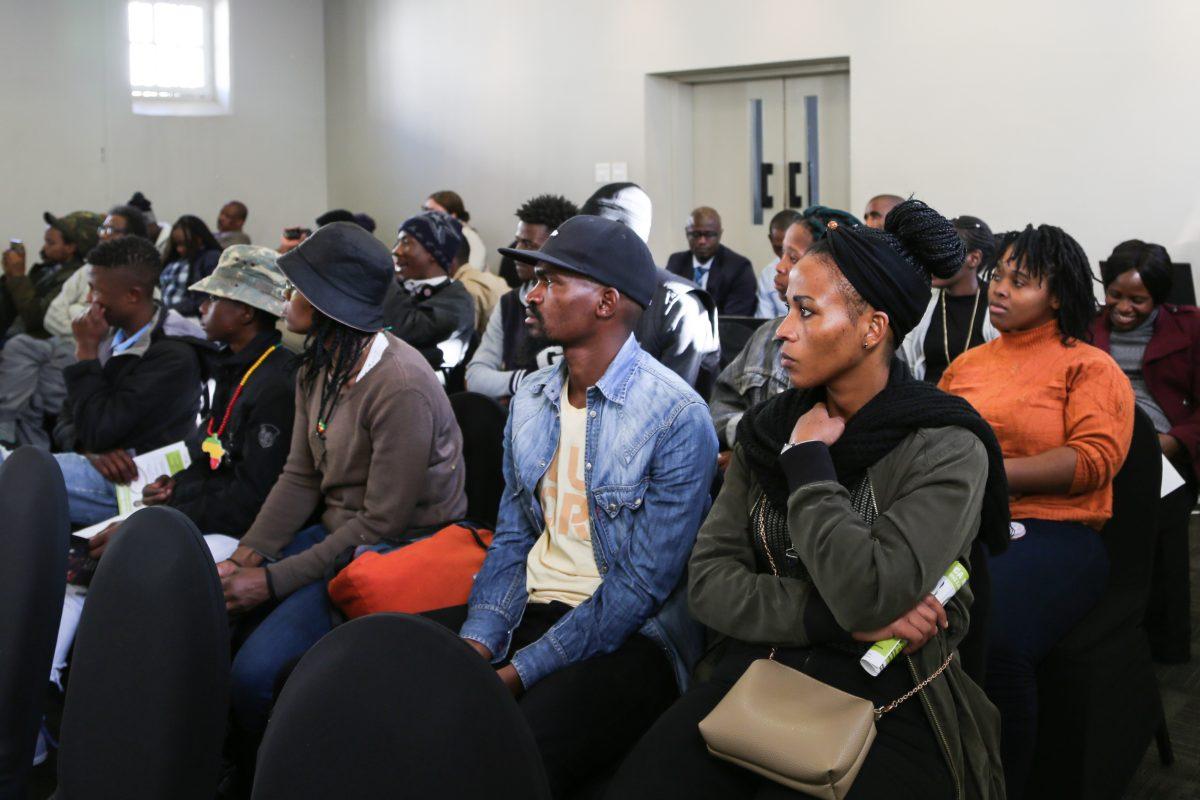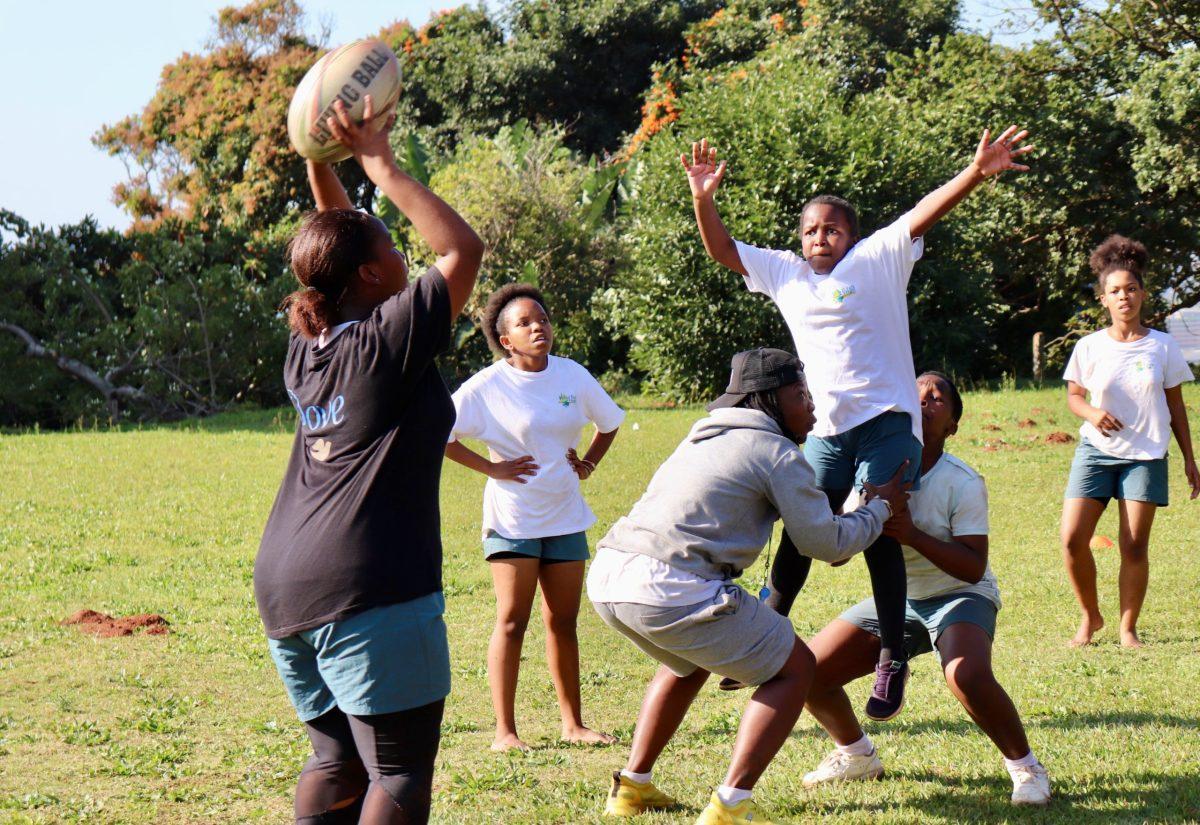Johannesburg, South Africa – Mereille Fanon, an activist and scholar and former committee chair of the U.N. Working Group of Experts on People of African Descent, told an audience on June 5 at Constitutional Hill that when land is taken away from people, they are lost in the world.
“If you speak with indigenous people, their land is the main importance,” Fanon said. “You cannot be indigenous without your land.”
Fanon headlined a panel regarding land reform that was part of the Building a Better Africa and a Better World colloquium sponsored by South Africa’s Department of Arts and Culture.
“When you are deprived of your land, the colonizer doesn’t want to hear your story, listen about your story,” Fanon said. “They are not interested. And if the colonizer changes the story, the story of the people, they claim now the story is the official history of your country.”
In post-apartheid South Africa, land ownership and redistribution is a major political issue. During the apartheid years, the government forcibly removed non-whites from their homes and lands. This February, the South African parliament passed a motion to amend the constitution by the end of August to enable the expropriation of land without compensation, in effect giving land back to people who were displaced.
Edward Chamberlin, Ph.D., a Canadian professor and author of “If This Land Is Your Land, Where are Your Stories?”, also spoke at the panel discussion about his research on land rights and conflicts over land ownership in previously colonized communities.
“For so many people, the trauma of being dispossessed, dislocated, relocated, removed from land which they grown up on, which was the place they knew as home, has been as traumatic as anything that has happened to us,” Chamberlin said. “It has been a disaster comparable to environmental disasters. It’s a disaster that has affected the human spirit.”
During the discussion, Fanon took issue with the title of Chamberlin’s book, specifically the word “if” that begins it.
“‘If’ is not necessary,” Fanon said. “It is true, this is our land.”
Chamberlin responded that the title of his book is actually a quote from an indigenous leader, and the title is not meant to be a declaration.
“I just need to clarify that the statement was made by an Indian chief to the government,” he said.
For Fanon, issues of land and land redistribution should be informed by history.
“There is a new form of resistance, anti-white resistance, and it is exactly the point,” Fanon said. “When some people try to negotiate by enslavement, by apartheid, by expelling you from your land, it’ll turn to war.”
In response to a question, Fanon said she would not prescribe a role for American youth in supporting the struggle to build a better Africa. She said American youth should ask Africans how they can support indigenous struggles.
“As Africans we don’t need to ask foreign people or international institutions to come and help us,” she said. “As Africans we are able to solve our problems.”
Another panelist, Sipho Seepe, Ph.D, political analyst and scholar, softened Fanon’s point with an invitation for those who want to support the struggles of people who were colonized and often are still dealing with the consequences of colonization.
“We will fight our sorrow, and if there are good white people, we’ll welcome them,” Seepe said. “But we need to make sure we are on our own in case they change their minds.”
This story has been written by students participating in the 2018 St. Joseph’s University South Africa Study Abroad program. Eight students, led by St. Joe’s faculty, will report on stories from South Africa during the month of June.









































